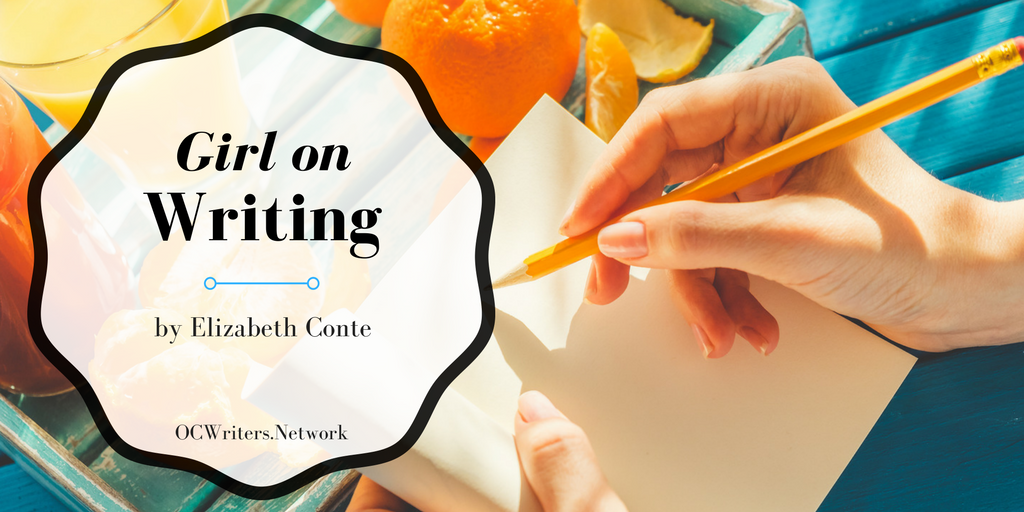by Elizabeth Conte
As long as there have been books, there have been people trying to suppress them—government, business interests, and individuals bent on imposing their moral or religious views. – The Authors Guild
Freedom Of Speech is granted under the Constitution. It is what defines us as a nation. The Pew Research Center reveals that Americans are more tolerant of free speech than any other nationality. It is proud legacy!
But are writers being granted the same freedom of the pen?
The publishing industry has always been the social justice warrior for free speech, fighting for the freedom to express ideas, no matter how bold or popular. But within the current political environment, there has been a brewing climate to ban certain books, boycott writers, vilify speech, and condemn those with whom the publishing industry disagrees. A groupthink mentality has been mobilizing, monitoring the creativity of writers, and limiting, if not silencing, the ability to express individual ideas freely, openly, and honestly.
Most notably is Milo Yiannopolis and the controversy around his cancelled book, Dangerous. It has been pulled by Simon & Schuster because of growing backlash of the controversial personality, and the development of a resurfaced video of Yiannopolis criticizing age-of-consent laws. Added chastisement came from fellow writers, like Roxane Gay, author of Bad Feminist. She pulled her book with S&S, saying, “Milo has every right to say what he wants to say, however distasteful I and many others find it to be. He doesn’t have a right to have a book published by a major publisher but he has, in some bizarre twist of fate, been afforded that privilege.”
In defense of Free Speech…or caving to pressure?
Thomas Flannery, Jr, Yiannopolis’s agent, was berated and verbally chastised by his fellow industry comrades for his professional relationship, prompting him to write, In Defense of Milo Yiannopoulos’s Book. One only has to read in the comments section the vitriol towards Flannery, or get the sense that banning writers is an ‘acceptable’ business practice.
MIT Press never thought Communism For Kids, a ‘fairy-tale’ book that teaches children about the ‘misery of capitalism’ and where ‘dreams come true’ with a ‘different kind of communism,’ would cause so much controversy. But an outcry from a faction of conservatives had not only criticized MIT, but according to Alex Green’s article in Publisher’s Weekly, “the author, Bini Adamczak, has received ‘hateful communications,’ some of which have been ‘blatantly anti-Semitic.’”
Scholastic originally defended a children’s book, A Birthday Cake for George Washington, against scathing backlash from some groups who claimed the book “…presented young readers with an offensively sanitized version of the institution of slavery.” This book was notably condemned because of the fact that it was written, illustrated, and edited by a diverse group of people of color, including Andrea Davis Pinkey, who is black and a winner of the Coretta Scott King Award. Caving to pressure, the book was pulled from publication.
Should history not teach us a lesson?
Some of the greatest books of our times like The Adventures of Huckleberry Finn, by Mark Twain, To Kill a Mockingbird, by Harper Lee, For Whom the Bell Tolls, by Ernest Hemingway were considered inappropriate and too “influential” on readers, and were detrimental to societal standards. Yet, we survived those books. In fact, our society gained from those books. Books are the means to not only educate, inform, and entertain, but also to challenge and allow people to explore ideas beyond their own limitations. At what point do you limit this and at what price?
Freedom of speech is vital to exchanging and evaluating ideas. Steven Pinker points out in his article, Why Free Speech Is Fundamental, “We come up with ideas about the nature of reality, and test them against that reality, allowing the world to falsify the mistaken ones.” Without the freedom to express ideas, good and bad, hateful or not, offensive or agreeable, we lose our ability to rationalize, question, or even wonder about the world around us. In effect, we lose or freedom of thought, let alone the freedom to express ourselves.
Does free speech have limitations?
The French philosopher Voltaire said, “I disapprove of what you say but I’ll defend to the death your right to say it.” Freedom to express does come with limitations. The opportunity to express hate or offend others is always at play. Ken Greenfield warns, “That protections of speech will inevitably be over inclusive. But that this is a cost we must bear.” For with free speech comes the freedom to ignore it or speak out against it. And to punish it is the slippery slope that can lead to the loss of freedoms all together.
Competition of thoughts and ideas is what maintains a well-informed populace. We must be careful of this new era of censorship, no matter what side of the political spectrum a person stands. Political climates change. What offends us today will not necessarily offend us tomorrow. History has shown us that. What makes us move forward is the ability to create, express, and exchange ideas, along with the capability to assess and evaluate. Let us not fall prey to limiting that basic freedom.
***

Elizabeth Conte
When I am not writing books, tormented with poetry, or inspiring others with my blog at Writerdeeva.com, you can find some of my work published in Lost Coast Review and PennWriters, and I am a regular editor/contributor to Industry News for Women’s Fiction Writers Association (WFWA).


This certainly is a slippery slope. For example – A Birthday Cake for George Washington portrays slaves as happy with their lot. Whether to publish it or not would be an ethical question based on the author’s intent and the target audience. After reading the linked article it seemed to me the author’s intent was too mature for young readers, who don’t understand complex relationships. The effect is one of deception. Perhaps that is what was objectionable. These books are read at school. Children are inclined to believe almost anything in that setting. The author should have shown better judgement. But to object to it being published altogether? Hmm. . .
The problem with censorship is who decides what should be censored? I believe there must be certain limitations, for instance if a piece is inflammatory and could incite racial violence it could be likened to crying “fire” in a crowded theater. If a book breaks down a moral barrier that might endanger another group, for instance a pedophile making a persuasive argument for lowering the age of consent, there’s a pretty good argument for not publishing it. But offending people, that’s a whole other story. I’m offended by a lot of people’s positions, but I must support their right to express them. If I don’t I may lose my right to express the opposing position someday.